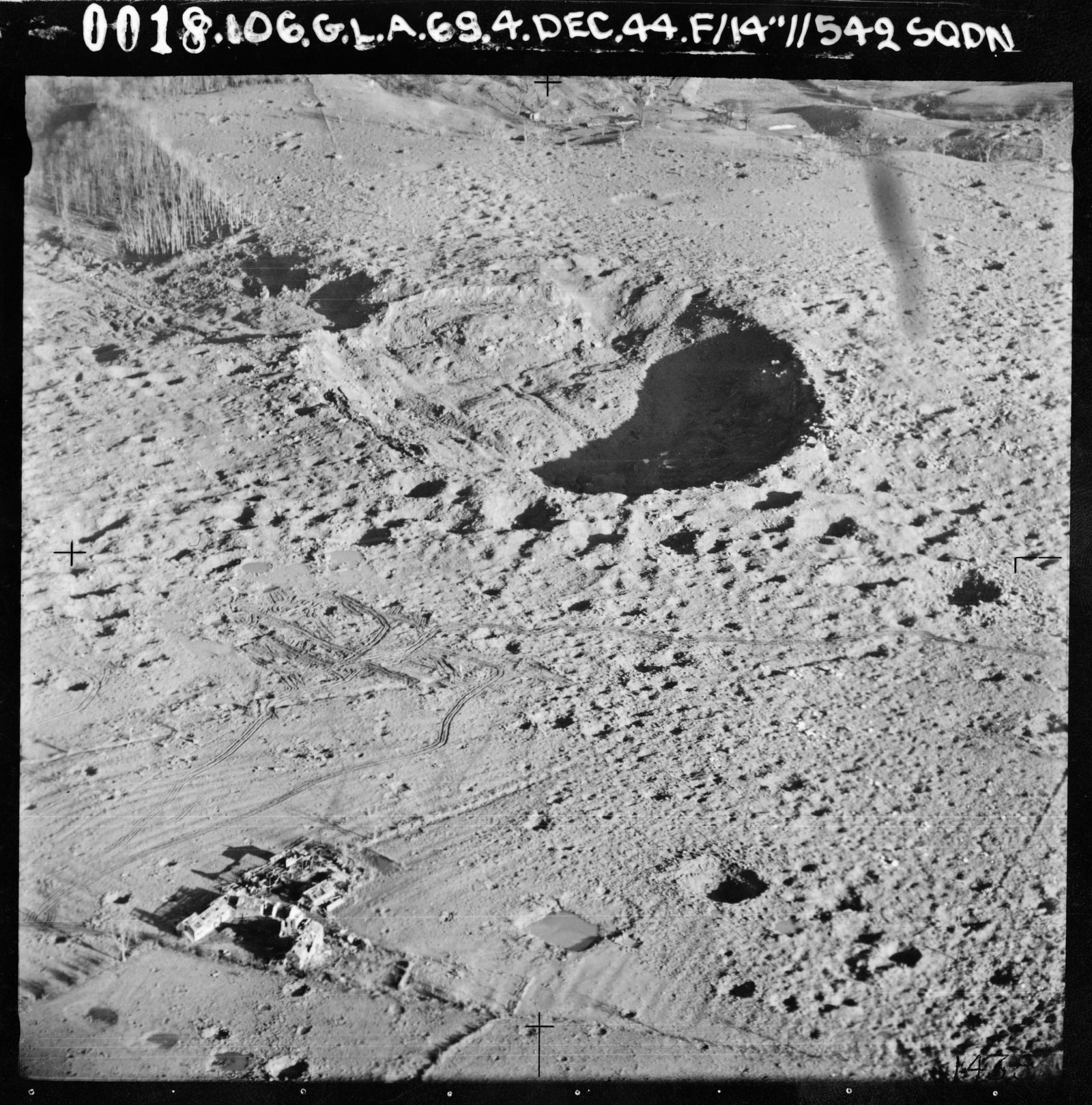 |
| Main Menu - click above |
Gold from California, Nevada, Scotland, New South Wales, Victoria, South Africa & Liberia. Contrasted with vintage malachite slab from Belgian Congo.
My gold collection began in 1967, when I was given a hunk of "reef" from the Robinson Deep gold mine, Johannesburg. Although an excellent specimen of Witwatersrand auriferous conglomerate, no gold was visible to the naked eye, a dissapointment to an eight-year old. Nine years later I tried my hand at gold panning alluvial deposits in Scotland. GOLD! My collection began to take form.
Now, over 50 years since my first acquisition, health problems have led me to consider selling my modest collection. I have the specimens arranged on a vintage slab of Belgian Congo malachite, which provides a verdant green contrast to the yellow warmth of the gold specimens.
Here's a 24 sec video -
Putting a value to any collection is difficult. The value of native gold specimens is consistently much more than that of scrap gold, sold for melting down. Collectors of native gold specimens seek well crystallised specimens, interesting matrix, and unusual locations. As a rule of thumb, the value is about twice that of gold bullion. In the list below, I've included my estimates on the various pieces, with a total of £336, using gold price April 2018...
The specimens - links access individual pages of provenance & historical information, photos & videos.
- A small 0.431 gram nugget from Dunolly, Australia. (£26) link
- A 27 mg nugget in 0.539 gram of alluvial gold. Also almandine garnets etc. from the Suisgill Burn, Kildonan, Scotland. (£33 & £10) link
- A commemorative coin with Californian gold flake. (£30) link
- A minuscule amount from Oallen Ford, Shoalhaven River, New South Wales, Australia. (£0) link
- Assayed gold ore from the Gooseberry Mine, Nevada. (£20) link
- Witwatersrand conglomerate, the Robinson Deep gold mine, Johannesburg. (£30) link
- A 1.58 gram gold nugget with adherent quartz matrix & quartzite slab with included string of gold particles. Zwedru, Liberia. (£97 & £20) link
- A display slab of Belgian Congo malachite. (£70) link
The collection is now sold (7.11.19)
The ones that got away
I don't have some specimens I collected anymore :(
The above glass tube of my first find from '77, Helmsdale gold, was stolen. I lost the gold I'd panned from the San Gabriel mountains, CA. I lost the gold I'd got from Leadhills, Scotland. I lost all but a few flakes I got from the Shoalhaven river, NSW.
The above glass tube of my first find from '77, Helmsdale gold, was stolen. I lost the gold I'd panned from the San Gabriel mountains, CA. I lost the gold I'd got from Leadhills, Scotland. I lost all but a few flakes I got from the Shoalhaven river, NSW.
 |
| Please help beat cancer - DONATE click above |
 |
A STEAMPUNK NOVEL, FULL OF
ANARCHIC EXPERIMENTAL SCIENCE
"Hodges emitted a scream the like of which
I hadn't heard since his scrotum was burned off
Unrelated to this post, below is an example of
eclectic science esoterica
This eruption of Mount Tavurvur volcano on August 29th, 2014 (by Phil McNamara) shows the shock wave, which took 13 seconds to reach the camera. Which means the volcano was 2.8 miles away.
The above photograph, at a glance, looks like the surface of the Moon. But it's an area of Staffordshire, England, in 1944.
It was the result of one of the largest non-nuclear explosions in history, and the largest to occur on UK soil. An RAF munitions storage depot went up.
Between 3,500 and 4,000 tonnes of ordnance exploded at RAF Fauld on Monday, 27th of November '44. Most of this massive tonnage was bombs, with a small amount (500 million rounds) of rifle ammunition. Apparently some idiot removed a detonator from a live bomb using a brass chisel rather than a wooden batten. How do they know that?
 |
| Main Menu - click above |




